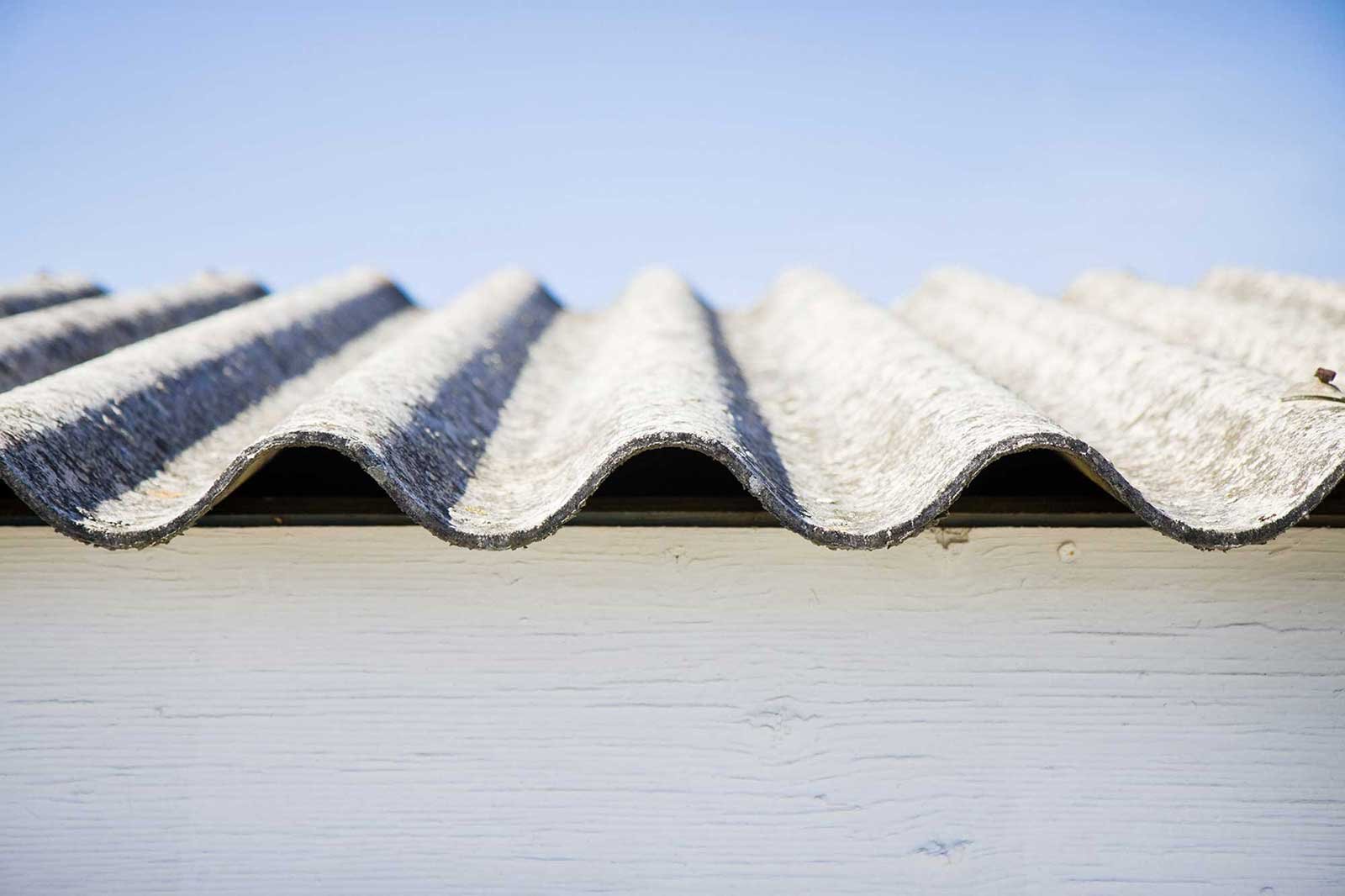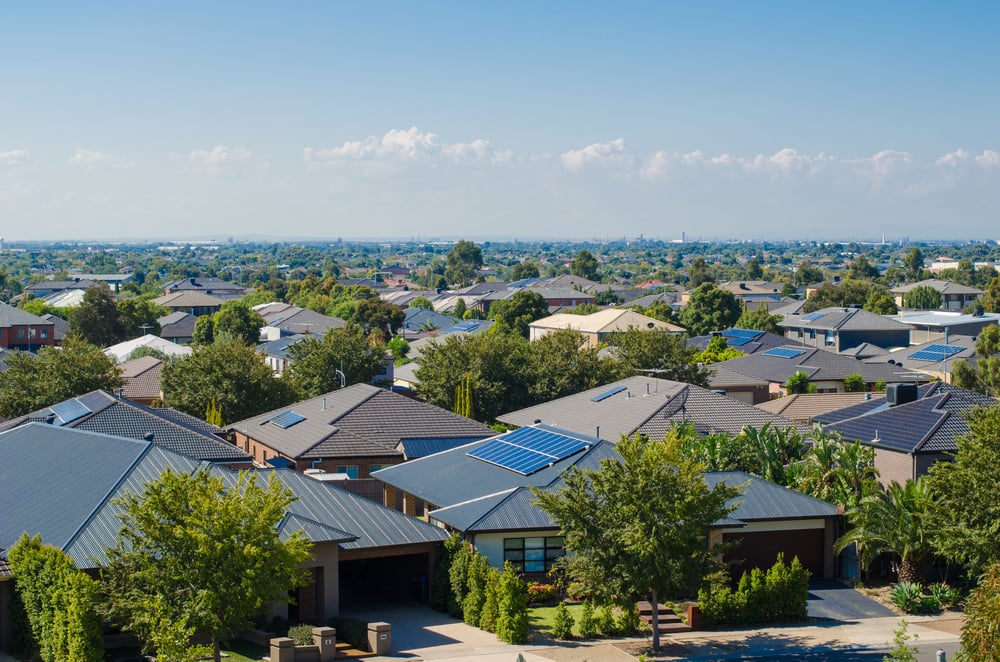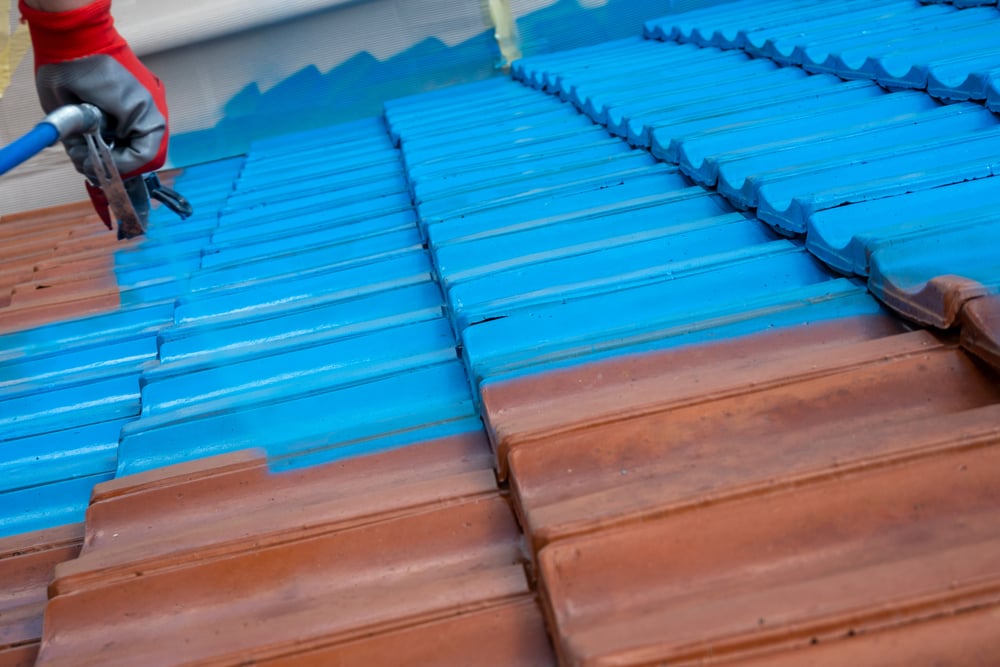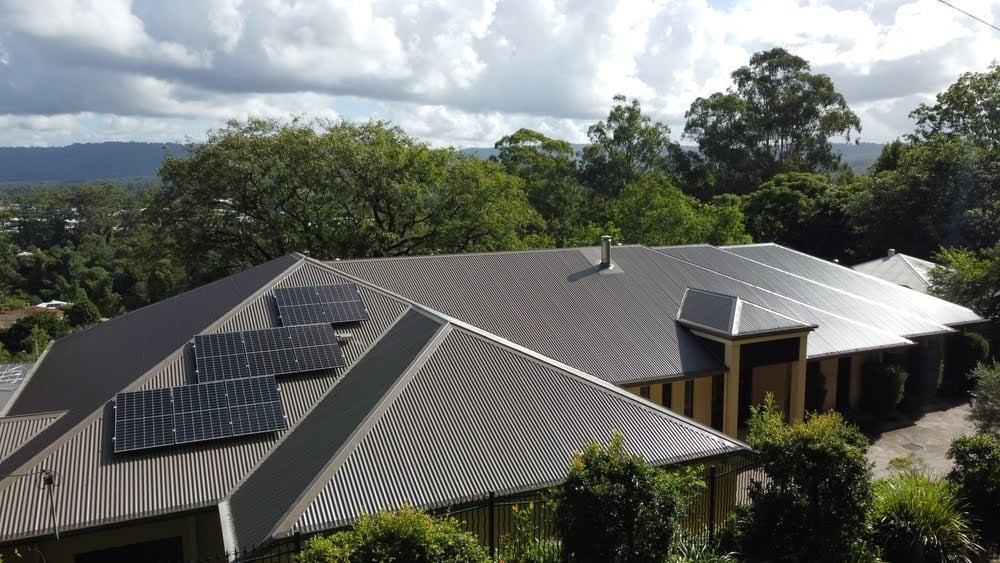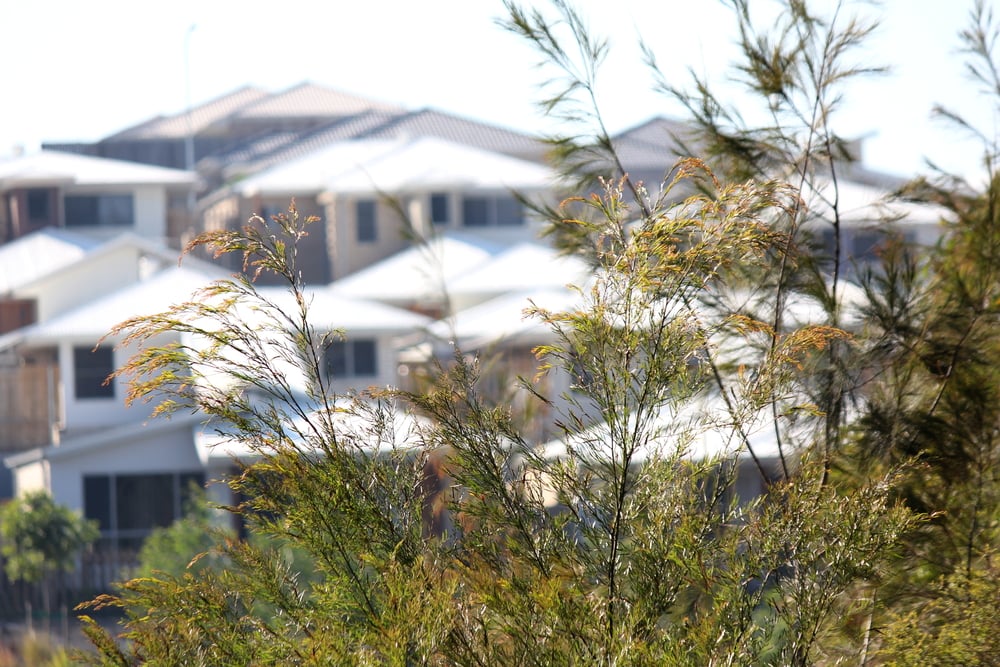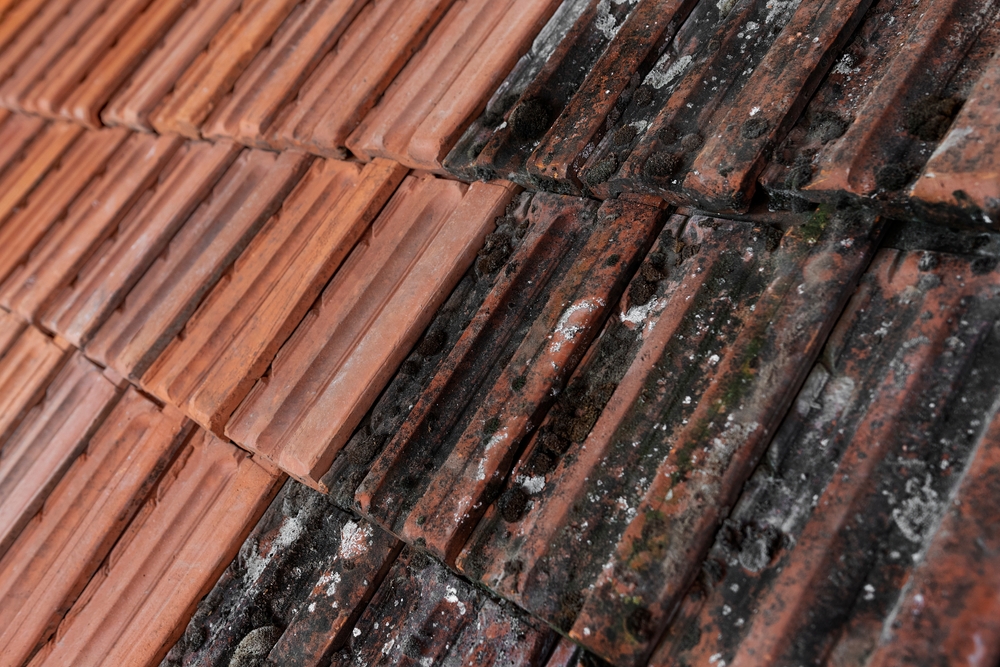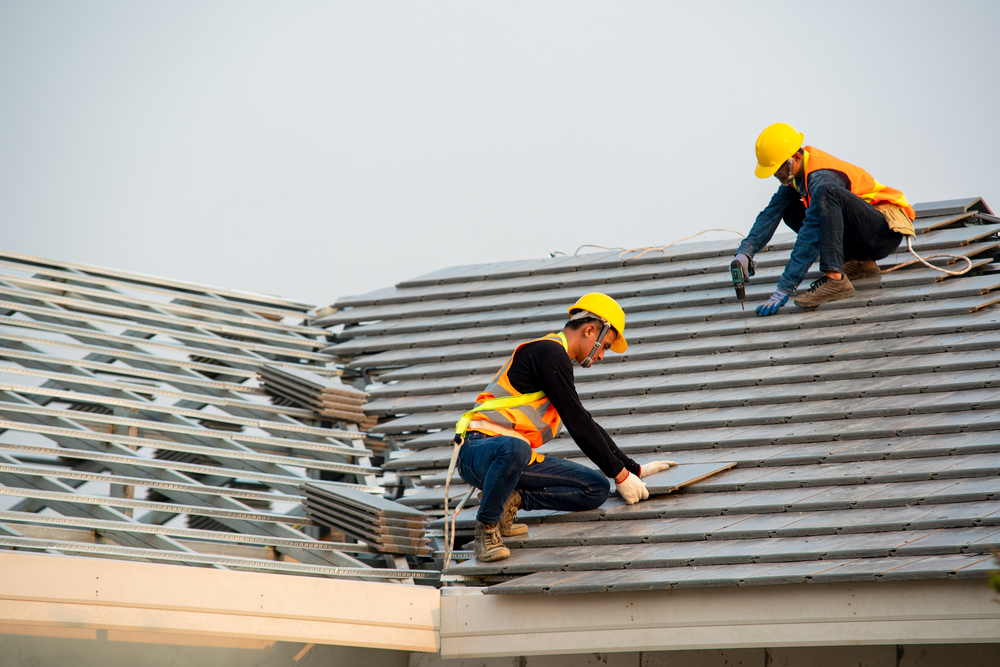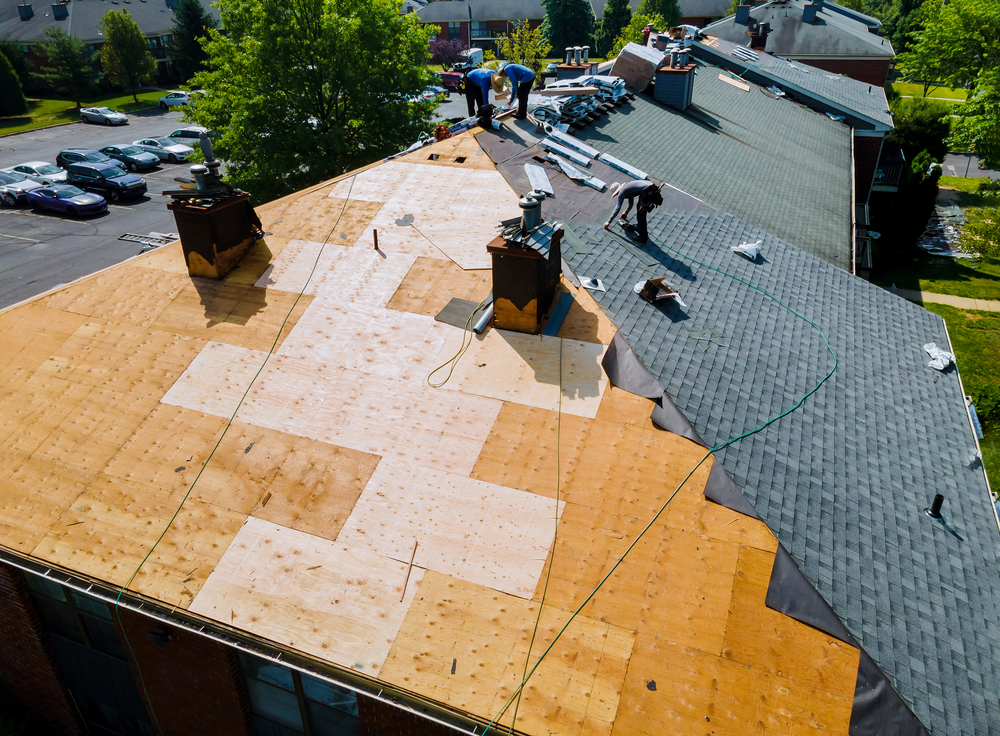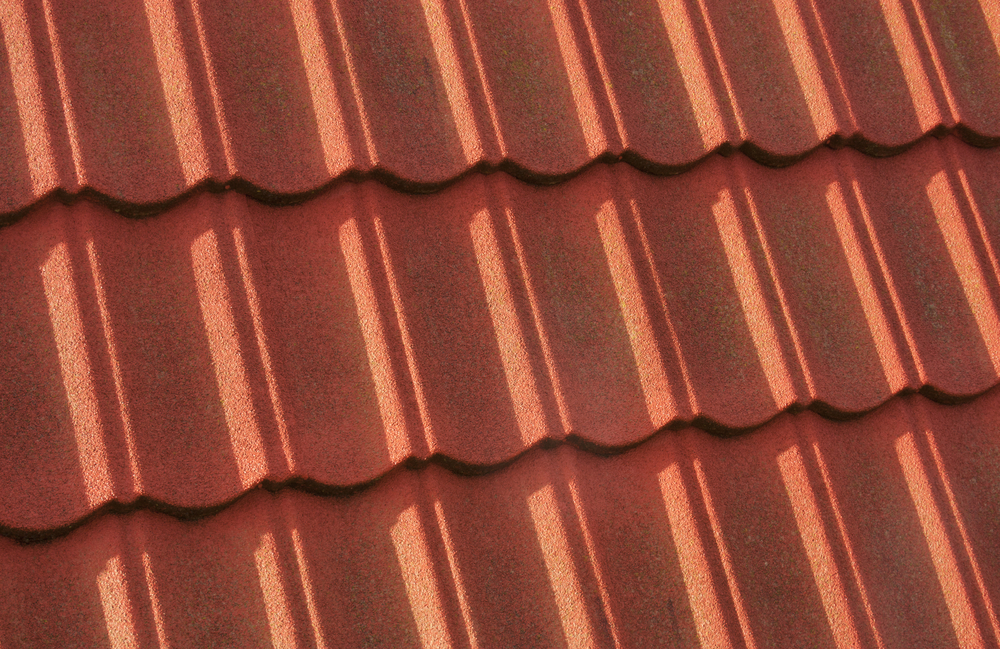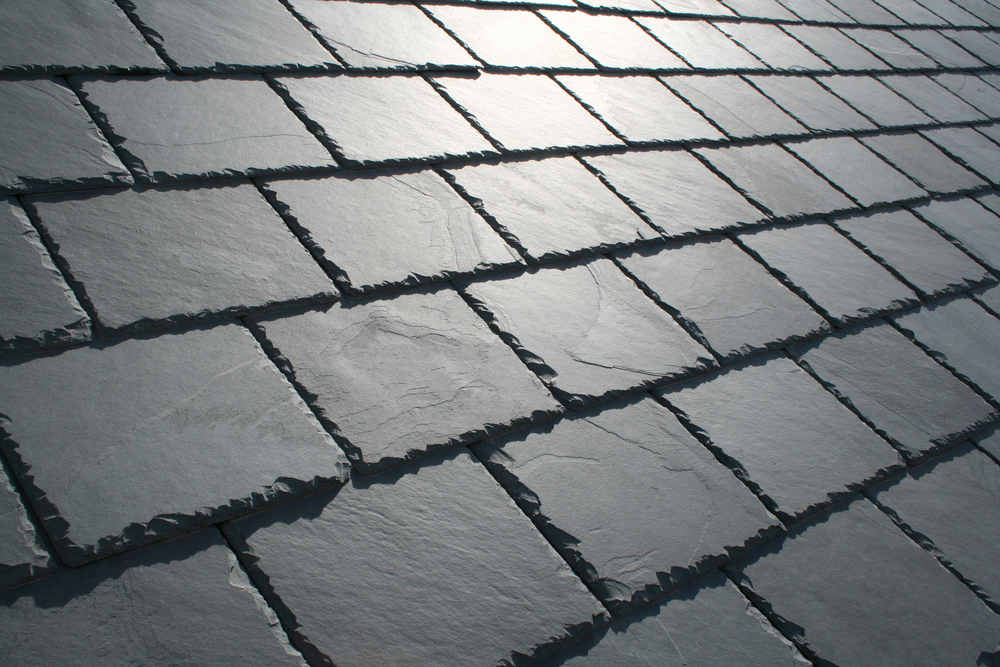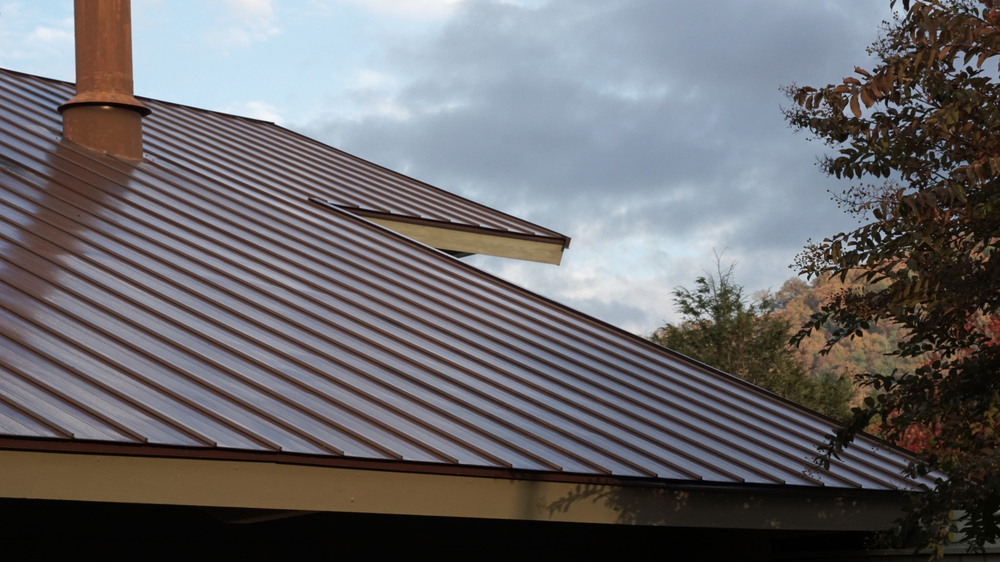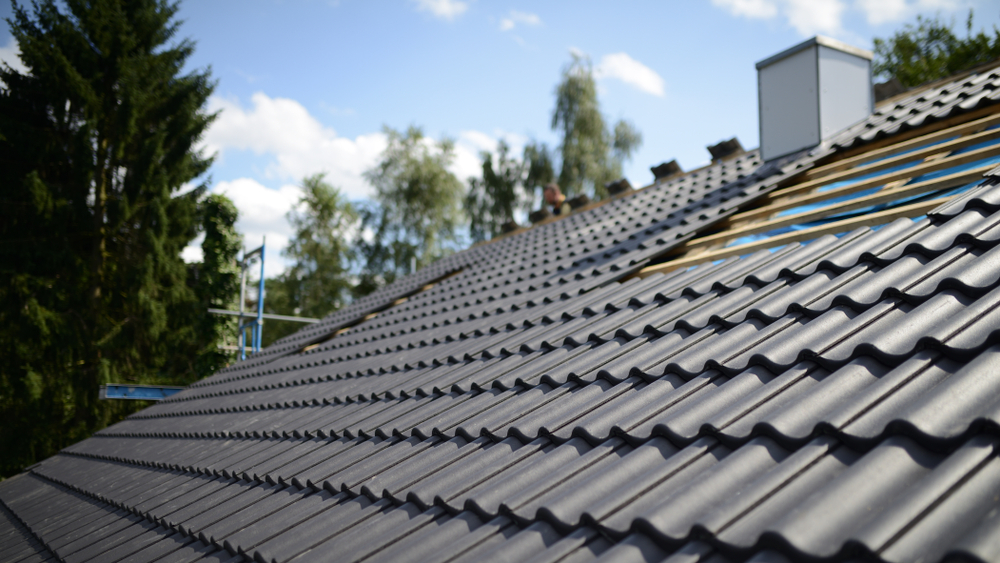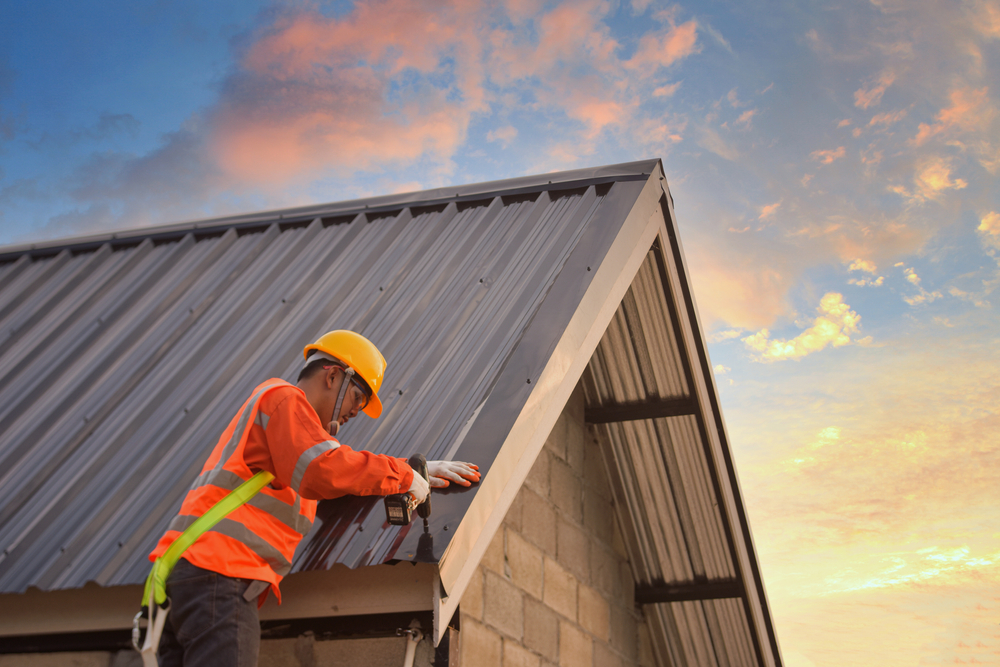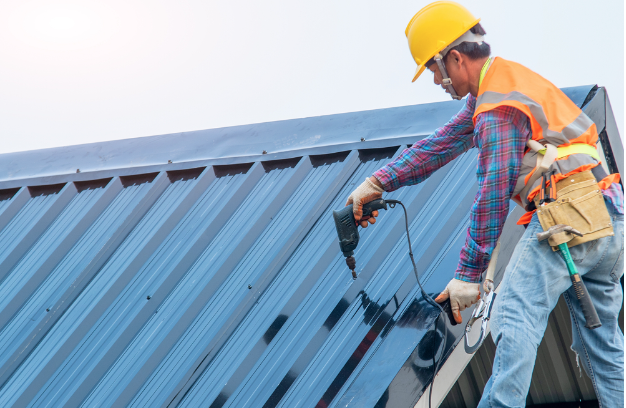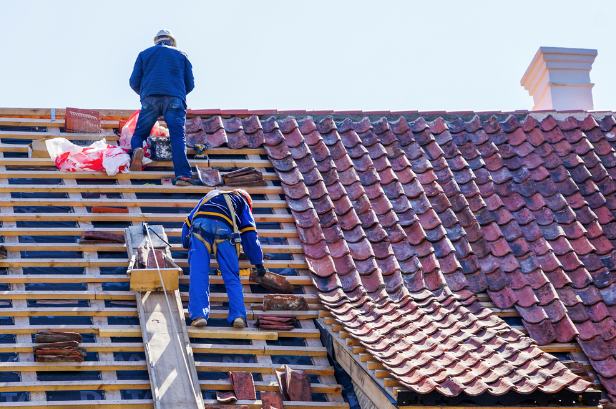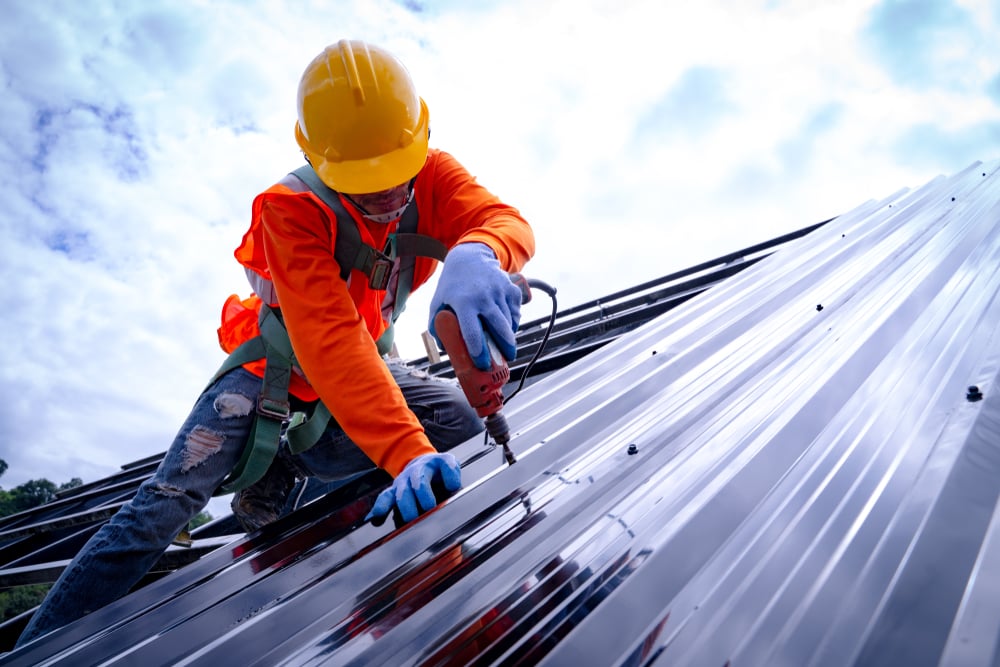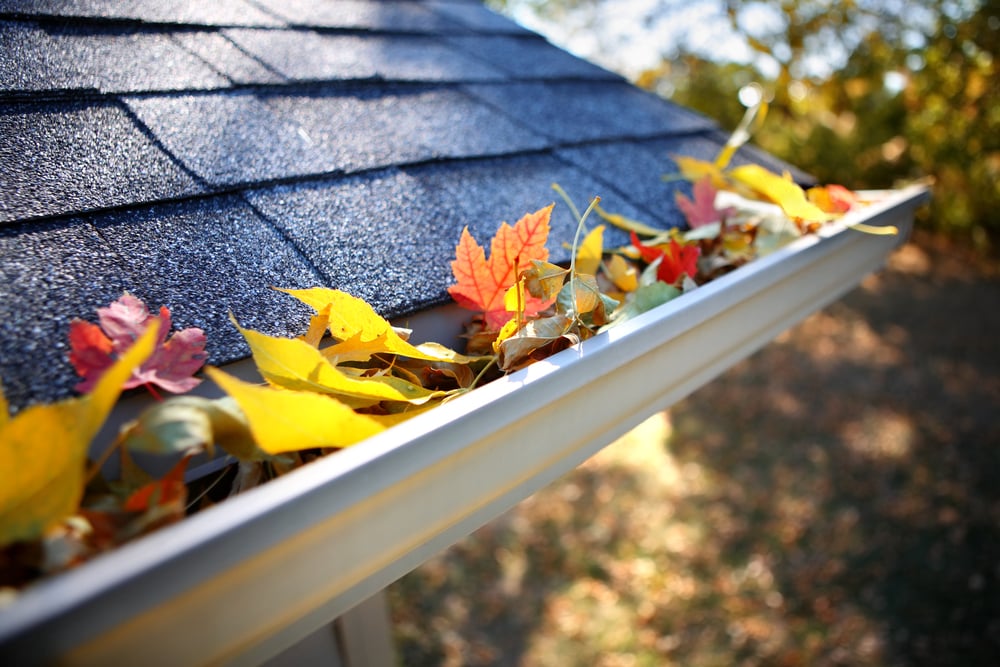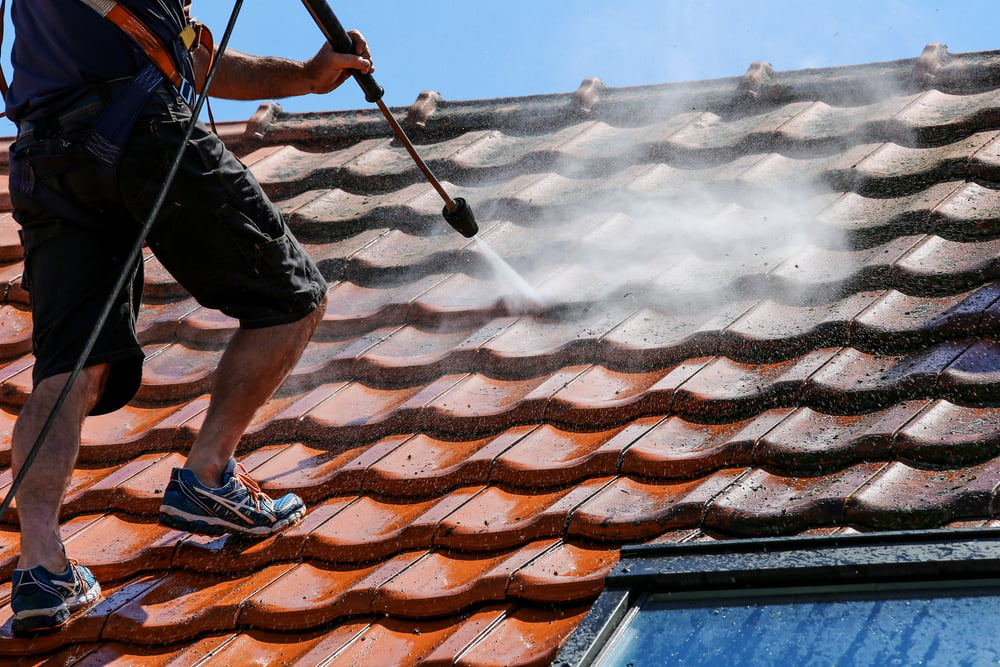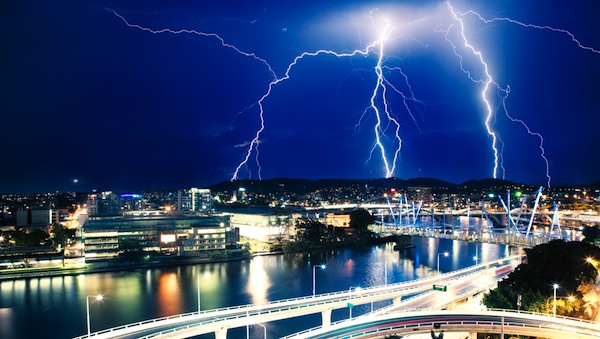
Jul
Preparing your home for Brisbane's Storm Season
Between September and March, Brisbane officially enters “Storm Season”.
This 7-month long period is the time where severe storms are most likely to occur in Brisbane. Heavy rain, strong winds, hail, lightning, and flooding are all extreme weather conditions that come with living in a subtropical climate.
In today’s blog, we’re going to provide an overview of the most important things to keep in mind during these months and what you can do to protect your home when a severe storm hits.

Preparation
When a storm hits, it may not be enough to simply rush inside and hope for the best. Depending on the severity of the storm, the amount of damage it has the potential of causing can vary wildly. Heavy rains could lead to flooding whereas strong winds could turn loose outdoor objects into flying hazards.
To account for the range of possible risks a severe storm can pose, you should take the following preparatory measures:
- Cut back branches/trees that are of concern (if a tree is on Council property, call them ASAP)
- Check and clean your gutters/downpipes so that rainwater won’t back up when a storm hits
- Identify the loose objects in your front and backyard. These will need to brought inside when a storm approaches
- Have plastic shopping bags ready to use as sand bags in case you need to divert storm water
- Make sure you have have masking tape and plastic sheeting or large garbage bags on hand in case any windows are broken and you need to block the rain out
Storm kit
We’ve spoken about the importance of an emergency storm kit in previous articles, but it’s worth reiterating the value of having a kit with the essentials you’d need while waiting for a severe storm to pass. As listed by the Brisbane City Council, you should have the following included in your storm kit:
- a portable battery-operated radio and torch with fresh or spare batteries and bulb
- a list of local radio stations for emergency information
- candles with waterproof matches or a gas lantern
- reasonable stocks of fresh water and tinned or dried food
- a first aid kit and basic first aid knowledge
- good supply of essential medication
- strong shoes and rubber gloves
- a waterproof bag for clothing and valuables – put valuables and certificates in the bag and put the bag in a safe place
- a list of your emergency contact numbers
- a car charger for your mobile phone
When a storm approaches, make sure you have your battery-operated radio ready and that your mobile phone is fully charged. If possible, have all of your vehicles undercover. Also, don’t forget to bring any loose objects inside.
During the storm
When a storm hits, you’ll want to be inside your home. However, if you’re not at home, you’ll have to make the best with your current location. So if you’re at at work, make sure you stay in the office, warehouse, garage, etc. If in a car, try to park somewhere clear of trees, powerlines and creeks. If you happen to be outside, rush to the nearest sheltered area, but do not stand under trees.
When it comes to the home, make sure you stay in structurally stronger area and avoid windows. The bathroom is often one of the strongest rooms in the home, however make sure to keep the inherent risk windows pose during storms in mind. If you happen to have a section in your home that is built slightly or entirely underground (e.g. basement or cellar), this could be the most ideal place to wait it out.
After the storm
Once a storm has passed and you know it is absolutely safe to step outside, there are still some precautions to take. Be sure to call 000 if there is a life threatening emergency. You can also call the SES on 132 500 for things such sandbagging and temporary roof repairs.
If you’re not facing any emergency situations, then you can step outside and observe to see if your home has sustained damage. Make sure to stay away from fallen powerlines and call Energex on 13 19 62 to report them. Take care around damaged buildings, trees and flooded areas. Help out your neighbours if they haven’t come off as lucky as you.



